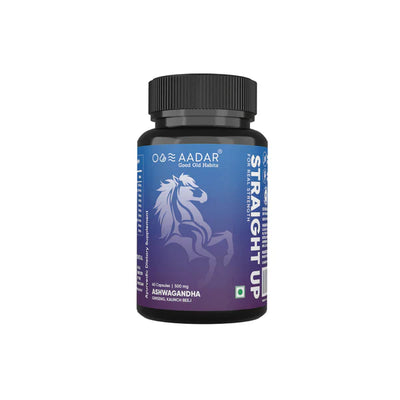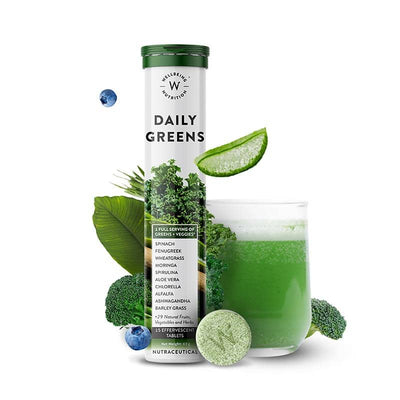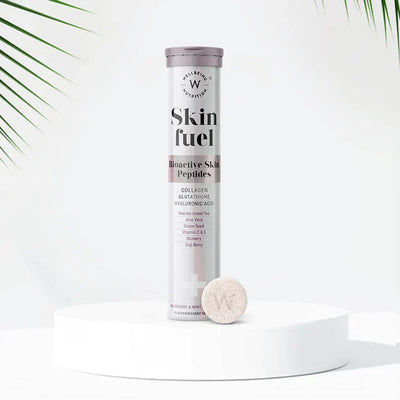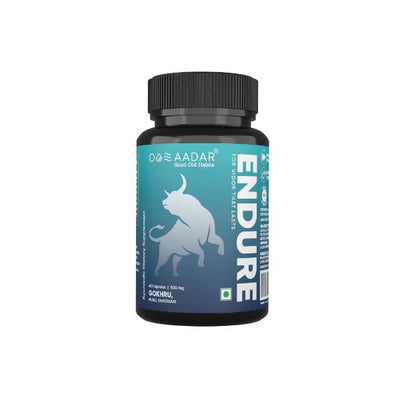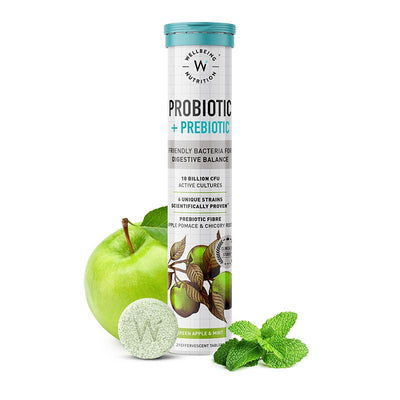Health Benefits and Uses of Collagen Peptides: Skin, Hair, and Joint Health
Overview: Collagen Peptide in UAE
Feeling like your skin isn’t as firm as it used to be? Maybe your joints are a little stiffer or your hair’s not growing as fast as you’d like? You’re not alone—many of us start noticing these changes as we age. Collagen, a vital protein in our bodies, plays a big part in keeping our skin, joints, and hair in top shape. But as time passes, we naturally lose collagen, leading to those signs we don’t always love seeing.
This is where collagen peptides come in. These little powerhouses are a form of collagen that our bodies can absorb more easily. They’re packed with benefits for your skin, joints, and even your hair. Whether you're looking for smoother skin, less joint pain, or healthier hair, collagen peptides can make a difference. The best part? They’re super easy to add to your daily routine—whether it's in a smoothie, your coffee, or even your skincare products.
In this guide, we'll take you through how collagen peptides can help you. From understanding different types of collagen to learning how to incorporate them into your life, we’ve got everything you need. Keep reading to find out how collagen peptides can support your wellness journey and the best collagen peptides available on Getkuwa.

Multiple Benefits of Collagen Peptides: Hair, Joints, Skin & More
Collagen peptides offer several benefits, including improving skin health, promoting hair growth, and reducing joint pain-
Collagen Peptides Benefits for Skin
The anti-aging benefits of collagen peptides are well recognized, as they aid in enhancing skin elasticity, texture, and hydration. Collagen peptides are believed to reduce the appearance of wrinkles, fine lines, and cellulite and may also promote wound healing and skin regeneration.
Collagen Peptides Benefits for Hair
Collagen peptides may also help to promote hair growth and improve hair quality. Collagen is a significant component of the hair follicle, and supplementing with collagen peptides may help to strengthen hair, reduce breakage, and increase volume.
Collagen Peptides Benefits for Joints
Collagen peptides may also help to reduce joint pain and inflammation, particularly in individuals with osteoarthritis. Studies have shown that collagen supplements can help to improve joint mobility, reduce joint pain and stiffness, and increase overall physical activity in individuals with osteoarthritis.
Uses of Collagen Peptides
Collagen peptides can be used in a variety of ways, including as a dietary supplement, skincare product, or ingredient in food and beverages. Ways to use collagen peptides:
- Dietary supplement: Take as a powder, capsule, or tablet.
- Skincare products: Found in creams, serums, and lotions to support skin health.
- Smoothies: Blend collagen powder into your favorite fruit smoothies.
- Coffee or tea: Stir collagen into your hot drinks for an easy boost.
- Soups and stews: Add collagen for extra nutrition without changing the flavor.
- Baked goods: Mix collagen into cakes, muffins, or bread recipes.
Types of Collagen Peptides
Several types of collagen peptides are available on the market, each with unique properties and benefits. We'll take a deep dive into some of the most common types of collagen peptides:
- Type I Collagen Peptides: Type I collagen peptides are the most abundant type of collagen in the human body. They are found in the skin, bones, tendons, ligaments, and other connective tissues. Type I collagen peptides are believed to improve skin health, reduce wrinkles, and increase skin elasticity. They may also help to strengthen bones and joints.
- Type II Collagen Peptides: Type II collagen peptides are primarily found in cartilage. They are believed to improve joint health and reduce pain and inflammation associated with osteoarthritis. Type II collagen peptides are also commonly used in beauty products to improve skin health and reduce wrinkles.
- Type III Collagen Peptides: Type III collagen peptides are found in the skin, blood vessels, and internal organs. They are believed to improve skin health and elasticity and promote healthy circulation.
- Type V Collagen Peptides: Type V collagen peptides are found in the placenta, hair, and cell surfaces. They are believed to improve skin health and promote healthy hair growth.
- Type X Collagen Peptides: Type X collagen peptides are found in cartilage and are believed to promote healthy bone growth and development. They may also help to reduce joint pain and inflammation.
Side Effects of Collagen Peptides
Collagen peptides are generally considered safe and well-tolerated, with few reported side effects.
- Bloating or a feeling of fullness
- Diarrhea or loose stools
- Stomach discomfort or cramping
- Allergic reactions (rare, but can include rash, itching, or swelling)
- Bad aftertaste or mild nausea
If you notice any of these symptoms, it’s best to stop the supplement and talk to a healthcare provider.
Recommended Dosage of Collagen Peptides
The recommended dosage of collagen peptides varies depending on the individual's health goals and the type of collagen used.
- A daily dose of 2.5 to 15 grams is usually recommended.
- Follow the dosage instructions provided by the manufacturer.
- Always consult a healthcare professional before starting a new supplement.
Supplementation With Collagen Peptides
Collagen peptides are typically taken in supplement form. However, they can also be found in food sources such as bone broth, eggs, and fish. Supplementation with collagen peptides can help to support the health of the connective tissues and may help to reduce joint pain and inflammation.
For best results, it is recommended to take a high-quality, natural collagen peptide supplement that has been tested for safety and purity.
Explore more on Getkuwa to find the best quality collagen peptide supplements available in various forms. From powders to capsules, Getkuwa offers top-notch options from renowned brands, ensuring you get the most out of your collagen supplement routine.
Frequently Asked Questions
-
Can collagen peptides help with skin aging?
Yes, collagen peptides can improve skin elasticity, texture, and hydration, helping to reduce the appearance of wrinkles and fine lines. -
Are collagen peptides safe to use?
Yes, collagen peptides are generally safe with minimal side effects. However, some people may experience bloating, stomach discomfort, or mild nausea. -
How can I add collagen peptides to my daily routine?
You can easily add collagen peptides to smoothies, coffee, tea, soups, or even baked goods. They dissolve well in liquids, making them easy to consume. -
What type of collagen peptides are best for joints?
Type II collagen peptides are particularly good for joint health and can help reduce pain and inflammation, especially for people with osteoarthritis. -
What’s the recommended dose of collagen peptides?
A daily dose of 2.5 to 15 grams is usually recommended, but it’s best to follow the instructions on the product and consult a healthcare provider before starting.



